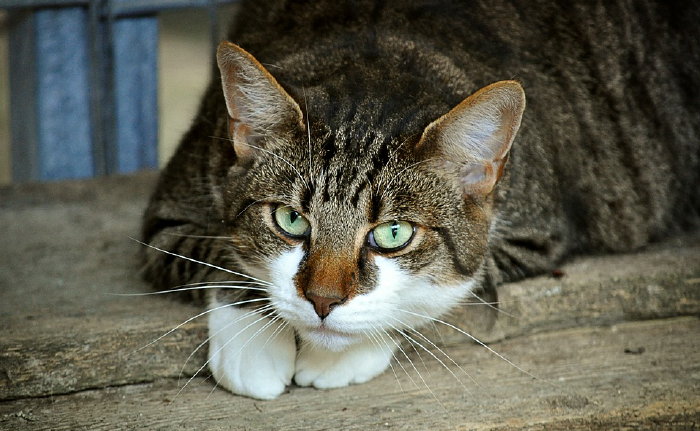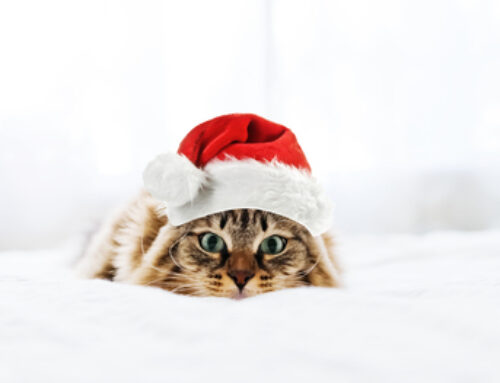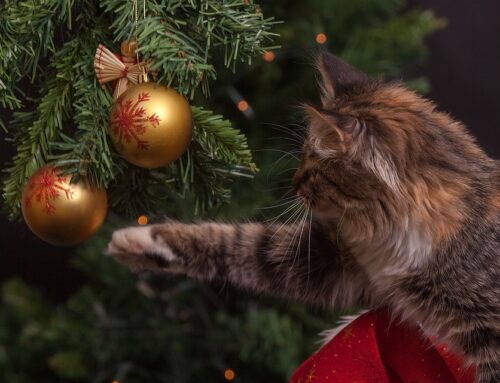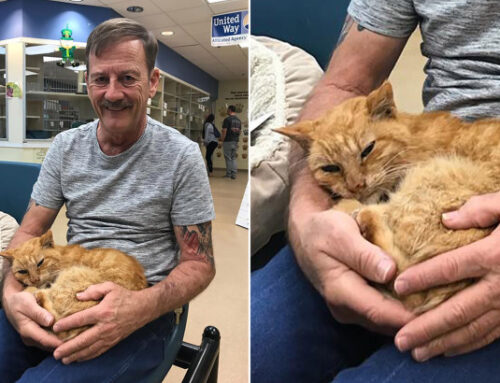Is Your Cat Stressed?
The very definition of a cat seems to be as a relaxed, independent and furry companion who takes the world in its stride. You might be surprised to learn however, that cats can become quite stressed, particularly in the searing heat of our sweltering Melbourne summers.
It’s not only the heat that can affect your cat’s stress levels – too many people coming and going in the house, the kids home all day from school, house guests staying for the holidays – all these changes can result in increased levels of anxiety and stress in your cat.
So how do you know if your cat is becoming stressed? Here are six behavioural changes that should raise a red flag for cat owners.
1. Not very hungry: You might have noticed that your cat’s appetite rarely changes and they don’t skip meals! If your cat is refusing its food or is not finishing their meals as usual, this could be a sign of stress and anxiety. You can try them with their favourite foods, but if this doesn’t fix the problem, a quick visit to the vet is in order.
2. Meowing continually: Most cats meow and vocalise to their owners, some more than others. If you notice that your cat is “talking” to you more often and their meowing and vocalisations have increased noticeably, it could be because they are feeling stressed. Their anxiety might be due to environmental changes, but they could be unwell, so a visit to your vet wouldn’t go amiss.

3. Urination problems: If your cat has started to urinate outside their litter box, it could be due to a stressful situation. If your cat stops urinating completely, this is also a sign of stress, but it can be more of a medical nature than psychological. In fact, any change in their toilet habits can be due to a serious illness, not just psychological stress, so its best to visit your vet for a check-up.
4. Increased aggression: Whatever your cat’s normal behaviour, if they become more aggressive than usual this can indicate that they are feeling stressed and anxious or even unwell. An angry cat can be in pain and not simply upset about the kids being home from school, so pop into your vet to make sure that all is well with your cat.
5. Constantly grooming: It’s not unusual to see your cat grooming themselves during the day. However, if you notice an increase in your cat’s grooming habits, this can be a sign of stress and anxiety. To comfort themselves, some cats might lick themselves so often that they create a bald spot in their fur. A visit to the vet is the order of the day.
6. Starts to hide: Isolating themselves or hiding is a strong sign that something is wrong. When cats feel stressed, whether due to a change in their routine or because they are unwell, they will often hide themselves away somewhere safe and out of the way. It’s as if they are looking for a haven or refuge. This is definitely the time to locate your cat and take them to the vet.
Cats love routines and often don’t do well in environments that change or have new people coming and going frequently. Some cats do thrive in busy homes however, but if you notice any behavioural changes in your cat, its always best to have them checked out at the vet.



